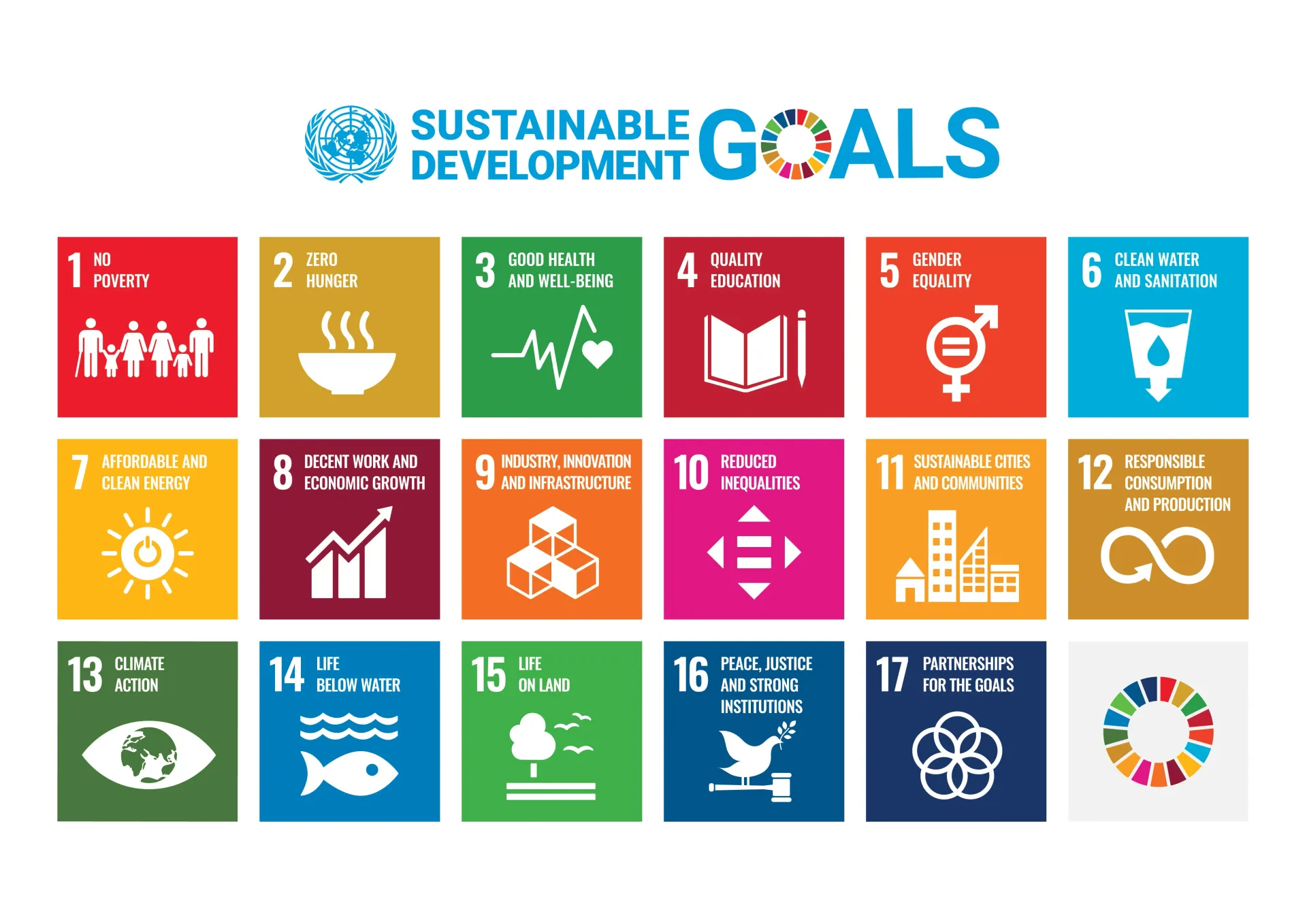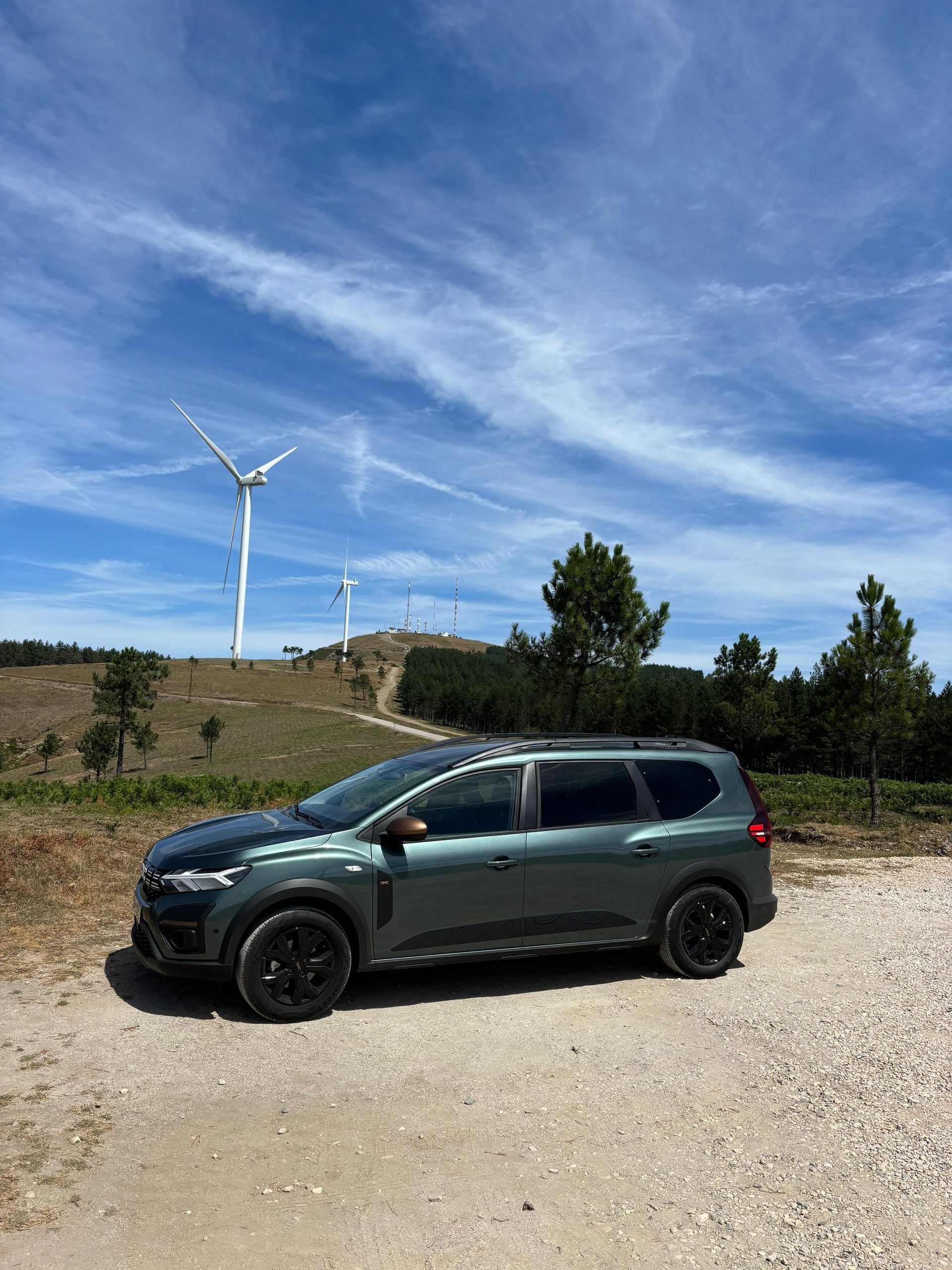By Alexandra Melo
•
November 16, 2024
As a small tour company focused on responsible tourism and sustainability, there are several compelling arguments we have against large booking platforms. These platforms often present challenges that can undermine our goals and business values. Here are some points we find relevant: 1. High Commission Fees Large platforms charge significant commissions (typically 15–30%), which eat into the revenue of small tour operators. This makes it harder for small companies to reinvest in local communities or sustainability initiatives. These fees can force smaller operators to increase prices, making them less competitive or forcing compromises on service quality. 2. Limited Focus on Sustainability Many large platforms prioritize quantity over quality, listing numerous tours without vetting their environmental or social impact. They often fail to highlight or promote operators who emphasize sustainability, making it harder for eco-conscious travelers to find responsible options. 3. Loss of Direct Customer Relationships Booking platforms control customer data, which prevents small operators from building long-term relationships with their clients. This lack of direct engagement limits opportunities for feedback, repeat business, and personalized experiences—all of which are hallmarks of responsible tourism. 4. Race to the Bottom on Pricing Platforms encourage price competition, often favoring the cheapest options over the most responsible or high-quality tours. This creates pressure to cut costs, which can lead to unsustainable practices such as underpaying local staff or skimping on environmental safeguards. 5. Overshadowing Local Economies Big platforms often centralize profits, with a large share of revenues flowing to multinational corporations rather than staying in local economies. Small businesses lose visibility as they compete with large operators who dominate search rankings or can afford to pay for premium placement on these platforms. 6. Homogenization of Experiences These platforms often favor generic, mass-market tours over unique, community-based or eco-friendly experiences. This homogenization can dilute local culture and reduce the authenticity of tourism, which undermines the principles of responsible travel. 7. Lack of Flexibility and Autonomy Platforms impose strict cancellation policies, pricing structures, and other rules, limiting the flexibility of small operators to adapt to local circumstances or customer needs. Such rigidity can hurt the customer experience and make it harder for operators to innovate or offer personalized options. 8. Environmental Impacts of Scale Large platforms contribute to overtourism by promoting the most popular destinations and tours, exacerbating environmental degradation and straining local resources. Smaller operators focusing on sustainability are often overlooked, despite their role in mitigating these impacts. 9. Erosion of Brand Identity Operating under a large platform’s umbrella can overshadow your unique brand and message. Travelers may associate the experience with the platform rather than your company. This undermines your ability to communicate your values and commitment to sustainability directly to customers. 10. Unequal Playing Field The algorithms and ranking systems on large platforms often favor operators who can spend more on marketing or meet specific volume metrics, sidelining smaller, eco-friendly businesses. This creates an unfair advantage for larger, less responsible operators.









